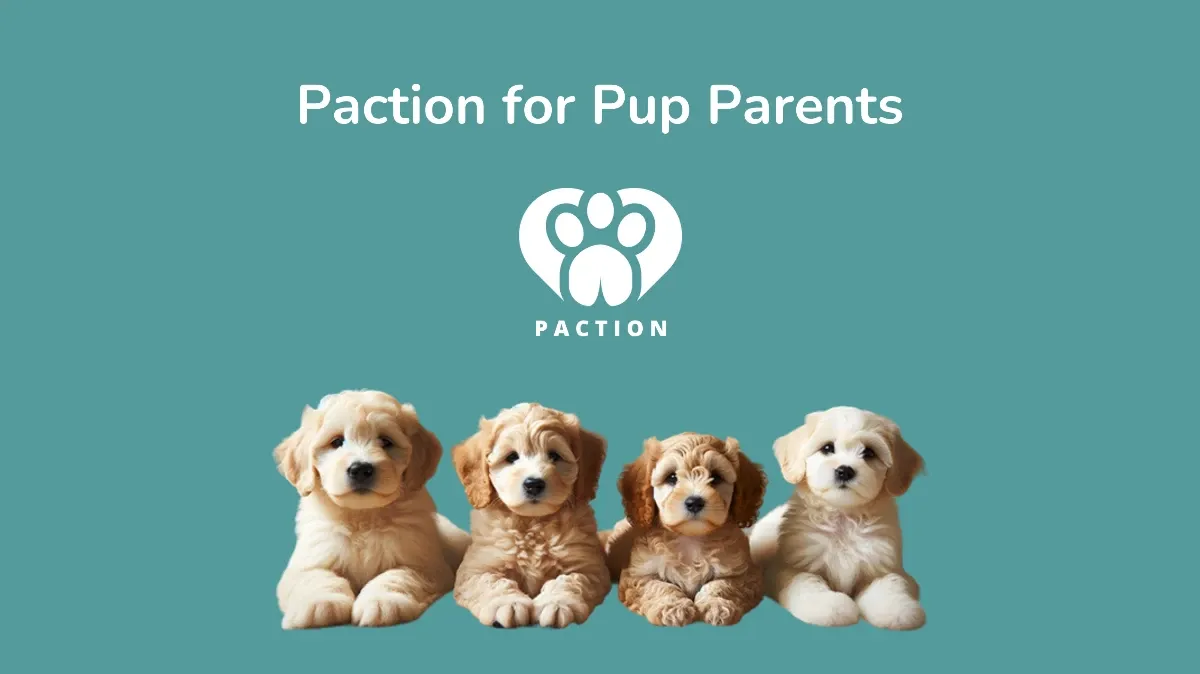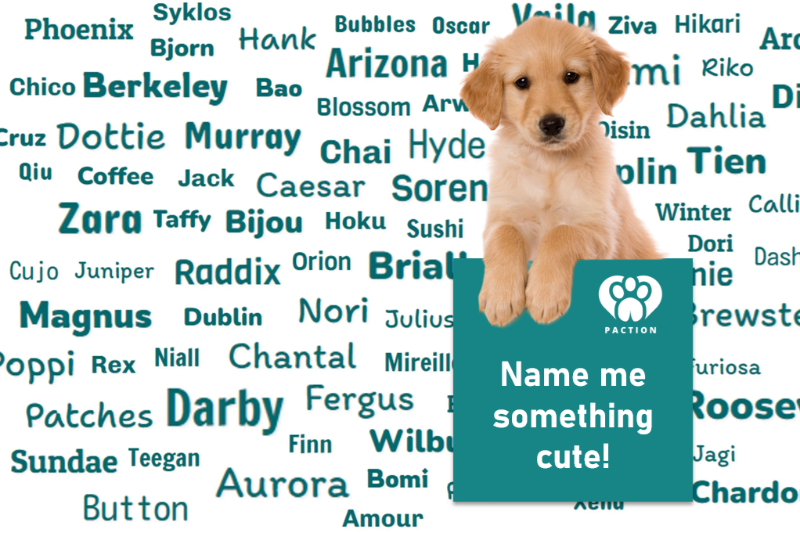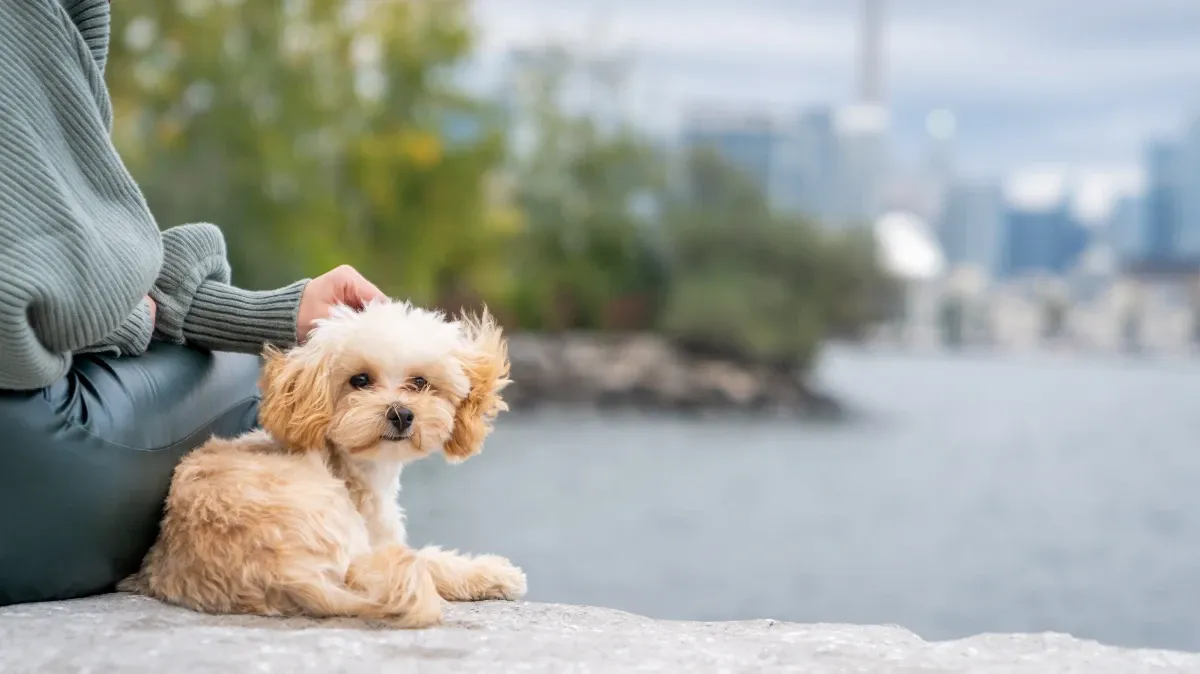Turkish Kangal (Kangal Shepherd)
Find Turkish Kangal (Kangal Shepherd) Breeders Near You
Connect with certified breeders who have Turkish Kangal (Kangal Shepherd) puppies available.
Find Turkish Kangal (Kangal Shepherd) BreedersGet to Know Turkish Kangal (Kangal Shepherd)s
- One of the Strongest Bites in the Dog World: Kangals are famous for having a bite force exceeding 700 PSI, which ranks among the strongest of all dog breeds.
- Livestock Guardian, Not a Herding Dog: Unlike herding breeds, Kangals don’t move livestock. They guard them by patrolling and confronting threats.
- Naturally Gentle with Children and Flock: Despite their immense power, Kangals are known to be gentle and calm with animals and children they are raised to protect.
- National Symbol of Turkey: The Kangal is considered a national dog of Turkey, where it's protected and selectively bred under government oversight.
- Independent Decision Makers: These dogs are bred to work with minimal human guidance, making them incredibly independent thinkers, especially in rural settings.
Breed History
The Kangal Shepherd Dog originates from the Sivas province of Turkey, where it has been used for centuries as a livestock guardian dog (LGD). Bred to protect flocks of sheep and goats from predators like wolves, bears, and jackals, the Kangal is known for its strength, bravery, and calm confidence. These dogs were developed by Turkish shepherds for their ability to work independently and make decisions without human direction—traits essential in remote, mountainous regions. Kangals have remained relatively pure in Turkey, where they are considered a national treasure and are often protected and bred with great care. In recent years, they’ve gained international recognition for their natural guarding instincts and reliability.
Personality and Behaviour
- Calm & Confident: Kangals are typically calm, steady, and confident dogs. They do not act out aggressively without cause, but they remain ever alert to threats and are fearless when provoked.
- Devoted Guardians: They form strong bonds with their family and flock, becoming naturally protective without being overly reactive. Their guarding instinct is deeply rooted, making them ideal for rural or farm environments.
- Independent but Loyal: While extremely loyal, Kangals are not clingy. They tend to operate on their own terms, often choosing to observe situations before responding. Their independent nature means they don’t always follow commands blindly, but they are deeply devoted to those they trust.
Care
- Exercise: Kangals need space to roam, ideally a large yard or property. Daily walks or time outside are essential, but they do not require intense activity like a working herding dog. As guardian dogs, they often self-exercise by patrolling their territory. This satisfies both their need for movement and their instinct to watch over their domain. Their size, strength, and guarding instincts make them poor candidates for apartments or dense urban areas, where space is limited and unfamiliar people are frequent.
- Grooming: The Kangal’s short to medium-length double coat is dense but easy to care for. Weekly brushing is usually enough outside of shedding season. They shed heavily in spring and fall, when daily brushing may be needed to manage loose hair. Kangals are generally low odor dogs and don’t require frequent bathing unless they get into something messy. Nail trimming and dental care are standard needs.
- Training: Because of their protective instincts, Kangals must be socialized early to distinguish between real threats and everyday encounters like visitors or passing dogs. They are intelligent but independent, meaning they may understand a command but choose not to obey unless they see the purpose. Firm but respectful training works best. Kangals do best with handlers who have experience with guardian breeds and can provide consistent structure, boundaries, and leadership without harshness.
Turkish Kangal (Kangal Shepherd) Summary
What to ask your breeder?
Here's a short summary of what you should be asking your breeder:
Kangal Health Testing
| Screening | Considerations |
|---|---|
| Hip Dysplasia | One of the following: OFA Radiographic Hip Evaluation PennHIP evaluation recorded with the OFA. |
| Elbow Dysplasia | OFA Radiographic Elbow Evaluation |
| Von Willebrand's Disease | DNA-based vWD test from an approved lab; results registered with the OFA |
| Degenerative Myelopathy | DNA based DM test from an approved lab. |
How Much Does It Cost to Own a Turkish Kangal (Kangal Shepherd) Per Year?
Determining the cost of owning a Turkish Kangal (Kangal Shepherd) is essential for responsible dog ownership. Use our calculator to estimate expenses, including food, grooming, veterinary care, and more.
The Ultimate Dog Cost Calculator
 Calculate Now
Calculate NowFrequently Asked Questions About Turkish Kangal (Kangal Shepherd)
When you talk to a breeder, you're not just asking “do you have available Turkish Kangal (Kangal Shepherd) puppies?” You're looking for a match in the process of rehoming a dog. As a prospective dog owner, you are assessing how predictable the dog's health, temperament, and long-term welfare will be and whether the breeder's practices reduce avoidable risk.
You should engage in a conversation about the following topics:
- Which health tests and genetic screening do you do specifically for Turkish Kangal (Kangal Shepherd), and can I see the results?
- What do you do if a puppy develops a serious genetic condition? What contract, policies and support do you offer as a breeder?
- How are puppies raised from birth to 8+ weeks? Ask about socialization, philosophies on early neurological development, handling, and exposure.
The real cost of a dog isn't just the puppy price. After year one, the cost of a dog includes the predictable annual costs + the unpredictable “risk costs.” Your goal is to make the cost legible before you commit, as one of the top causes of surrendering a dog is not being able to afford the dog in later years.
To help you assess these costs, Paction has created the Ultimate Cost Calculator. You can also read an article written by a Paction breeder on why a prospective dog owner should focus on the ongoing costs of dog ownership and not “how much” the puppy costs.
Every dog breed has certain health issues that tend to occur more often, but what matters most is how predictable and preventable those risks are. For many breeds, common concerns include inherited conditions (such as orthopedic, eye, or cardiac issues) as well as lifestyle-related challenges like weight management, dental health, skin or ear problems, and anxiety.
Responsible breeders help reduce inherited risk through appropriate health testing, careful selection of breeding pairs, and transparency about family history. To understand more about responsible breeding programs that prioritize health and genetic screening of breeding pairs, check out Making Science Simple: Canine Genetics for Puppy Shoppers.
As an owner, you play an equally important role. Consistent preventive veterinary care, proper exercise and enrichment, healthy nutrition, and early screening can significantly improve long-term health outcomes.
Whether a Turkish Kangal (Kangal Shepherd) is right for you depends less on the breed itself and more on how well its typical energy level, temperament, and care needs align with your daily life. Important factors include your schedule and activity level, living environment, household dynamics (such as children, other pets, or allergies), and tolerance for noise or independence. Long-term fit also comes down to maintenance like grooming, training needs, and how often you travel or rely on outside dog care.
Use Paction's Dog Breed Matchmaker and Pup Time Estimator to find out more about what dog is right for you.


